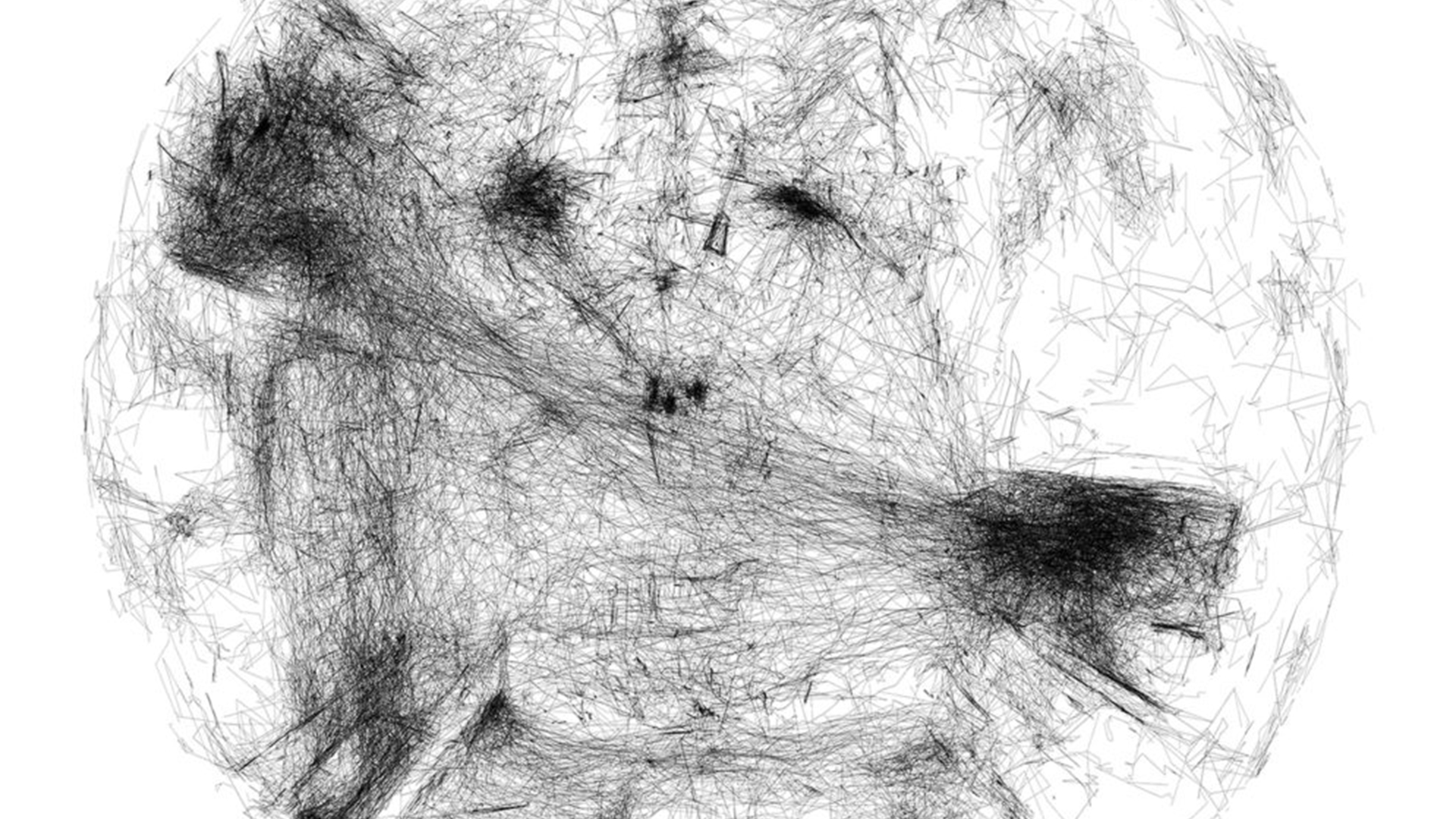The growing datafication of cultural materials along with the explosion of new data generation, collection, and analysis practices create a new state of cultured data: culture as data, and data as a driver of culture. As more of our activities and cultural materials are transformed into data, emerging data science methods facilitate new ways of seeing and producing culture. However, data science is a mode of academic inquiry and an increasingly powerful tool in society, yet it is still not well understood by the majority of those whose lives are being affected by it. As an area of scholarship, it is full of creative potential and its ethical risks are only just beginning to be considered.
In order to help demystify data science and foster dialogue between this emerging field and the arts and humanities, the UC San Diego Library co-hosted the Cultured Data Symposium in February 2020 in collaboration with the Halıcıoğlu Data Science Institute, the Division of Arts & Humanities, and other campus partners. Co-organized by Robert Twomey, postdoctoral scholar at the Arthur C. Clarke Center for Human Imagination, and Erin Glass, former digital scholarship librarian, the symposium featured topical presentations, live performances, and art exhibitions both on and off campus. Symposium attendees heard from 18 scholars and industry practitioners, each of whom offered a diverse range of disciplinary perspectives on the challenges and opportunities of data science, the datafication of culture, and data-driven inquiry.
The first day of the symposium was hosted at the Qualcomm Institute and featured keynote speaker Shannon Mattern, professor of anthropology at the New School for Social Research. In her talk, Mattern discussed the paradoxical role of data-driven methods in environmental research and “green” technologies. The second day was hosted at the popular arts warehouse Bread & Salt in Barrio Logan and featured Jessica Marie Johnson, assistant professor in the Department of History at Johns Hopkins University, as the keynote.
Johnson delivered a talk on her work in black code studies and discussed ways black digital practice can offer alternate modes of responding to and utilizing emerging digital technologies. Other scholars discussed ways of using data-driven methods for humanistic inquiry, such as Monte Johnson and Jacobo Myerston in their presentations on using network analysis to make new discoveries in ancient philosophical history. Ryan Germick, principal designer at Google, discussed the ways creativity played a role in designing the personality of Google’s voice assistant in his talk.
Overall, the symposium helped attendees better understand the role of data science in research and everyday life while also showcasing the important tools and perspectives that the arts and humanities can offer the discipline. This event, however, has only touched the tip of the iceberg, and we hope there will be many more collaborations and interdisciplinary conversations to come. For more information about the symposium, visit cultureddata.net.

